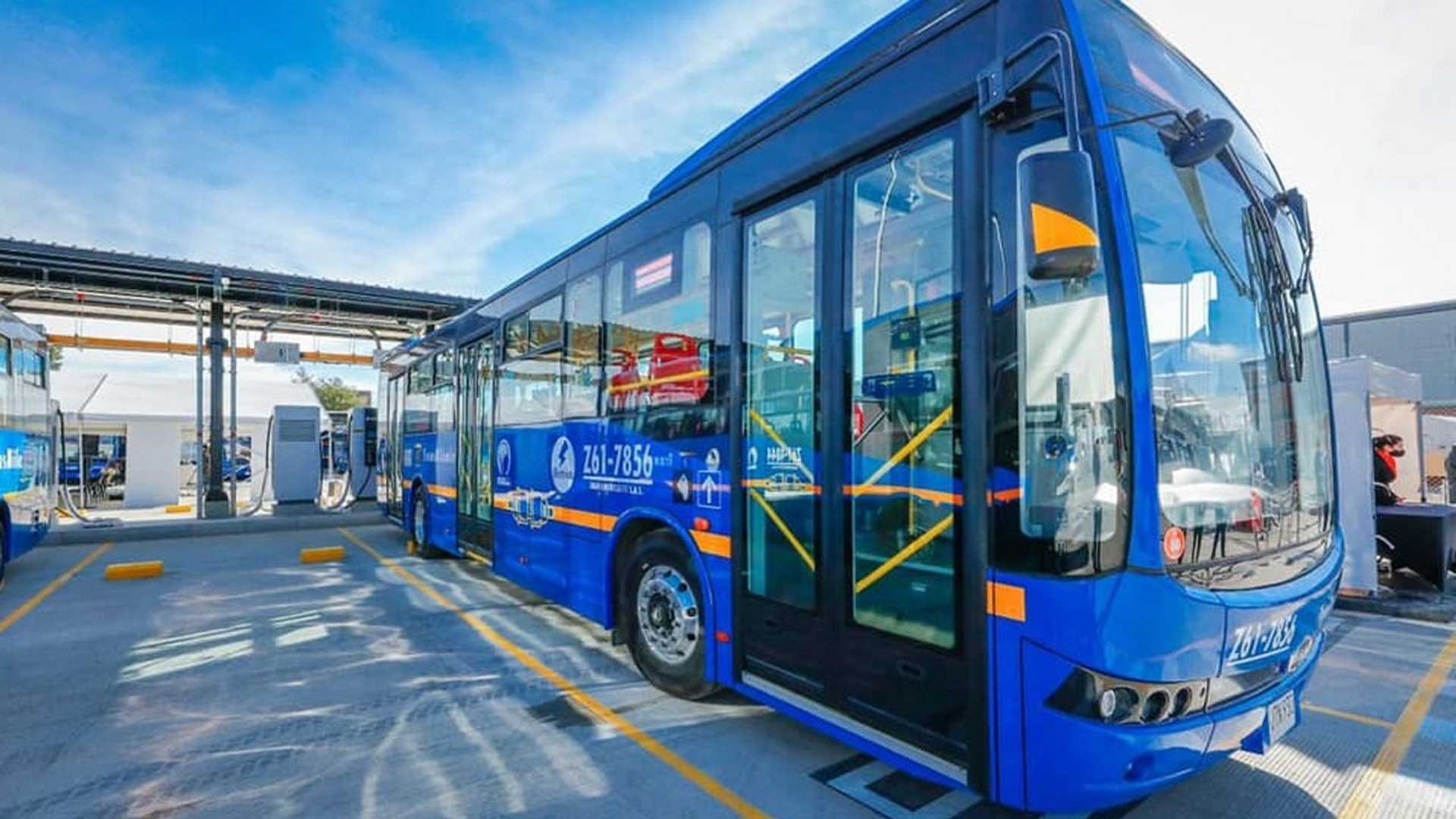RIO DE JANEIRO, BRAZIL – During the Colombian Society of Engineers Virtual Energy Forum, the transportation sector confirmed that Colombia would have the largest fleet of electric vehicles, committed and resilient to climate change. This would help mitigate the complications from the bus fleets currently operating in the environment and reduce pollution in different cities.
This energy transition is fundamental for the country’s mobility due to the direct impact on air quality, mainly the reduction of particulate matter and the reduction of greenhouse gas emissions.
Read also: Check out our coverage on Colombia
To achieve the first place in the region, the country will have 1,589 electric buses on its roads, including 35 that are already operating in Cáli’s MIO; 69 acquired by Metroplús, in Medellín, and 133 that joined TransMilenio, in Bogotá, in May of this year, bringing the total number of electric buses in operation in this system to 483.
It is expected that 578 will enter in February and 424 in April 2022, which will bring the SITP of the country’s capital to an electric fleet of 1,485 buses.

The government clarified that public transportation is a fundamental ally for the energy transition. That is why it included incentives for this process in the PND, which provides for, among others, permission for the systems to use resources from co-financing agreements to acquire zero and low-emission fleets.
As a result of these measures, the Integrated Mass Transportation Systems (SITP) of Cáli, Medellín, and Bogotá have integrated since September 2019 and gradually, electric vehicles to their operation. The country currently has 587 electric buses in process at present.
With the arrival of these buses, work will also be done on public transportation projects that will allow for cleaner air because they will be 100% electric. These are the First Line of the Bogotá Metro, the Regiotram de Occidente, in Cundinamarca, and the Avenida 80 Light Train, in Medellín.
Bogotá will have 259 new electric buses due to a loan of US$54 million that the financial group Proparco will give to the fleet of Electribus. This company will acquire and supply the fleet of electric buses for the SITP in Usme and Fontibón. The loan will be made in conjunction with Financiera de Desarrollo Nacional.
Among the objectives of implementing electric buses is to reduce atmospheric pollutants to improve the city’s air quality. According to the Ministry of the Environment, the emission of PM2.5, delicate particulate matter, increases in Colombia to 8,398 tons each year, of which 28% is attributed to public transportation.

